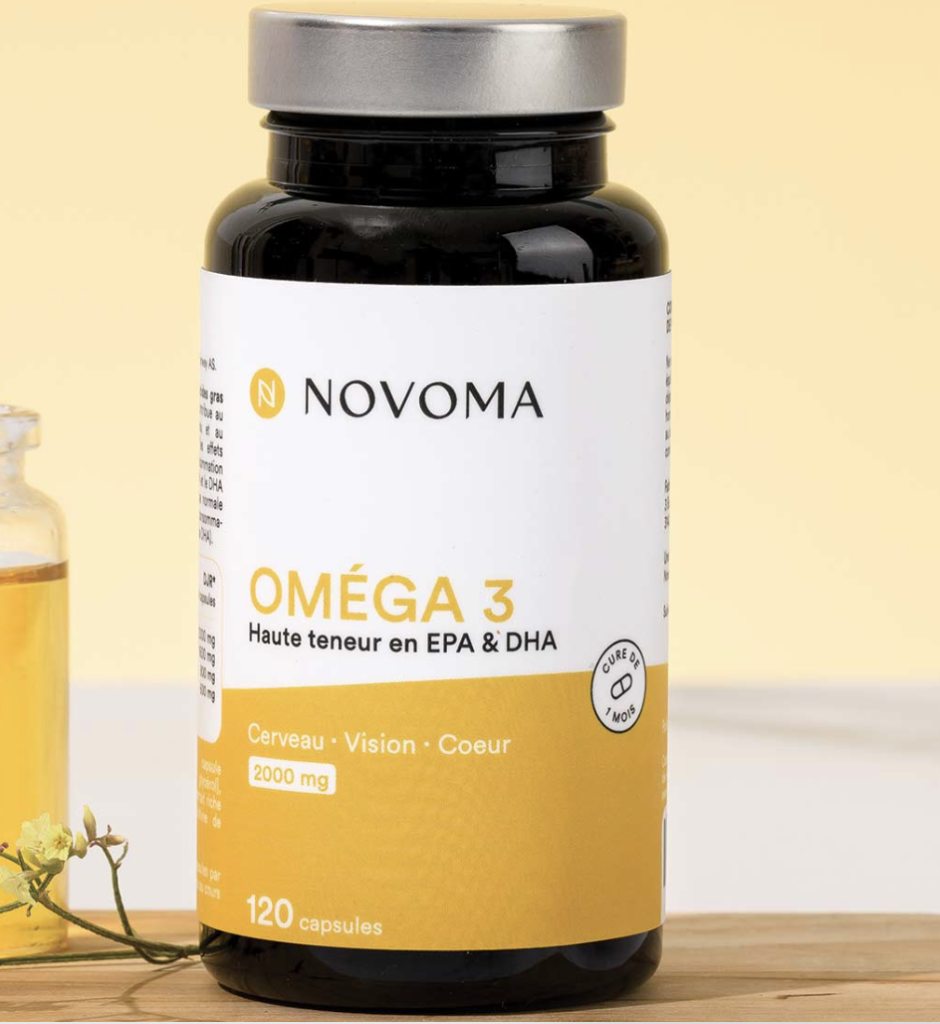
Omega-3 fatty acids are one of the most researched and recommended supplements for overall health and fitness. These essential fats offer a wide range of benefits, from improving cardiovascular health to enhancing athletic performance and aiding in muscle recovery. Whether you’re an endurance athlete, a bodybuilder, or someone who loves hitting the gym, omega-3s can be a powerful addition to your routine.
What are Omega-3 Fatty Acids?
Omega-3s are polyunsaturated fatty acids that are essential for the body, meaning we can’t produce them on our own and must obtain them from food or supplements. The three main types of omega-3s are:
- ALA (Alpha-Linolenic Acid): Found primarily in plant-based sources like flaxseeds, chia seeds, and walnuts.
- EPA (Eicosapentaenoic Acid): Primarily found in fatty fish like salmon, mackerel, and sardines.
- DHA (Docosahexaenoic Acid): Also found in fatty fish and is crucial for brain health and function.
EPA and DHA, the two omega-3s from marine sources, are particularly important for fitness enthusiasts due to their anti-inflammatory properties and role in supporting heart and joint health.
Why Omega-3s are Important for Fitness
Omega-3s offer several benefits that can directly enhance your fitness performance and recovery. Here’s why they are crucial:
- Reduced Inflammation and Faster Recovery: Intense workouts lead to micro-tears in the muscles, which cause inflammation. While this process is essential for muscle growth, too much inflammation can lead to soreness and delayed recovery. Omega-3s help reduce inflammation, speeding up recovery and allowing you to train harder and more frequently.
- Improved Joint Health: For those who lift weights or engage in high-impact sports like running or boxing, joint health is key to longevity. Omega-3s can help lubricate the joints, reduce stiffness, and alleviate joint pain, making movement smoother and less painful.
- Increased Muscle Protein Synthesis: Omega-3s may enhance muscle protein synthesis, the process by which the body repairs and builds muscle tissue. Research has shown that supplementing with omega-3s can improve the anabolic (muscle-building) response to exercise, particularly resistance training. This can lead to better gains in muscle size and strength.
- Enhanced Cardiovascular Health: Fitness isn’t just about muscles; heart health is critical, especially for endurance athletes or anyone engaging in sustained physical activity. Omega-3s support cardiovascular health by reducing triglycerides, lowering blood pressure, and improving blood vessel function, ensuring your heart is in peak condition to support your athletic efforts.
- Better Fat Metabolism: Omega-3s can aid in fat oxidation, helping your body utilize fat as fuel more efficiently during exercise. This is especially beneficial for endurance athletes and those looking to improve body composition by reducing body fat while preserving lean muscle mass.
- Improved Mental Focus and Mood: Mental toughness is a big part of fitness. Omega-3s, particularly DHA, are known to support brain health, improving focus, cognitive function, and even mood. This can translate into better workout motivation, discipline, and performance.
Omega-3 Deficiency and Fitness
Many people don’t get enough omega-3s from their diet, particularly EPA and DHA. Deficiency in these fatty acids can lead to increased inflammation, joint pain, fatigue, and a slower recovery from workouts. It can also affect mental clarity and focus, leading to a less efficient training regimen.
How to Supplement with Omega-3
While you can get omega-3s from foods like fatty fish (salmon, sardines, mackerel), flaxseeds, chia seeds, and walnuts, supplementation is often the easiest way to ensure you’re getting enough of these essential fats, especially for athletes.
- Dosage: The general recommendation for omega-3s is to aim for at least 250-500 mg of combined EPA and DHA per day for overall health. For athletes and those engaged in regular intense physical activity, higher doses may be beneficial, with many experts suggesting 1,000-3,000 mg per day.
- Forms of Omega-3: Omega-3 supplements typically come in fish oil or algae-based (plant-based) forms. Fish oil is the most common and provides high amounts of EPA and DHA. Algae oil is a good alternative for those following a vegetarian or vegan lifestyle.
- Quality Considerations: When choosing an omega-3 supplement, make sure it is third-party tested for purity to avoid contaminants like mercury. Look for supplements that are molecularly distilled or processed in a way that removes impurities.
Conclusion
Omega-3 fatty acids are a cornerstone of optimal health and fitness. By reducing inflammation, improving joint health, enhancing muscle recovery, and supporting cardiovascular function, omega-3s can help you perform better and recover faster. Whether you’re an athlete pushing the limits or someone looking to stay fit and healthy, incorporating omega-3 supplements can significantly improve your overall fitness journey.
Before starting any new supplement, it’s a good idea to consult with a healthcare provider to determine the right dosage and type for your needs. With the right approach, omega-3s can help take your performance and recovery to the next level.
